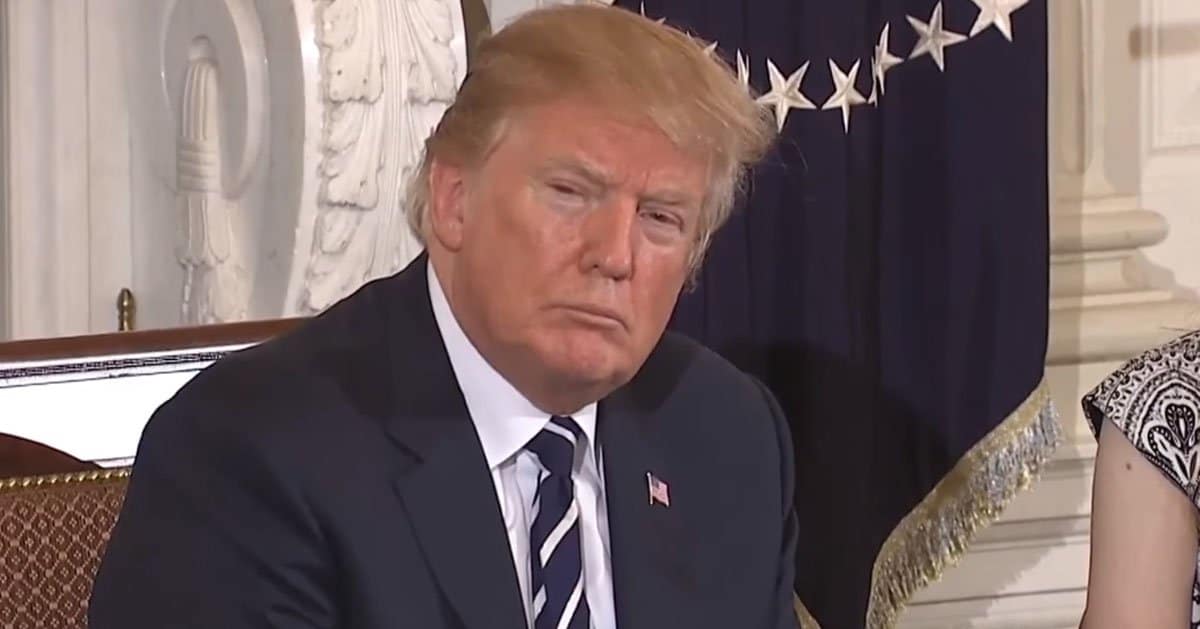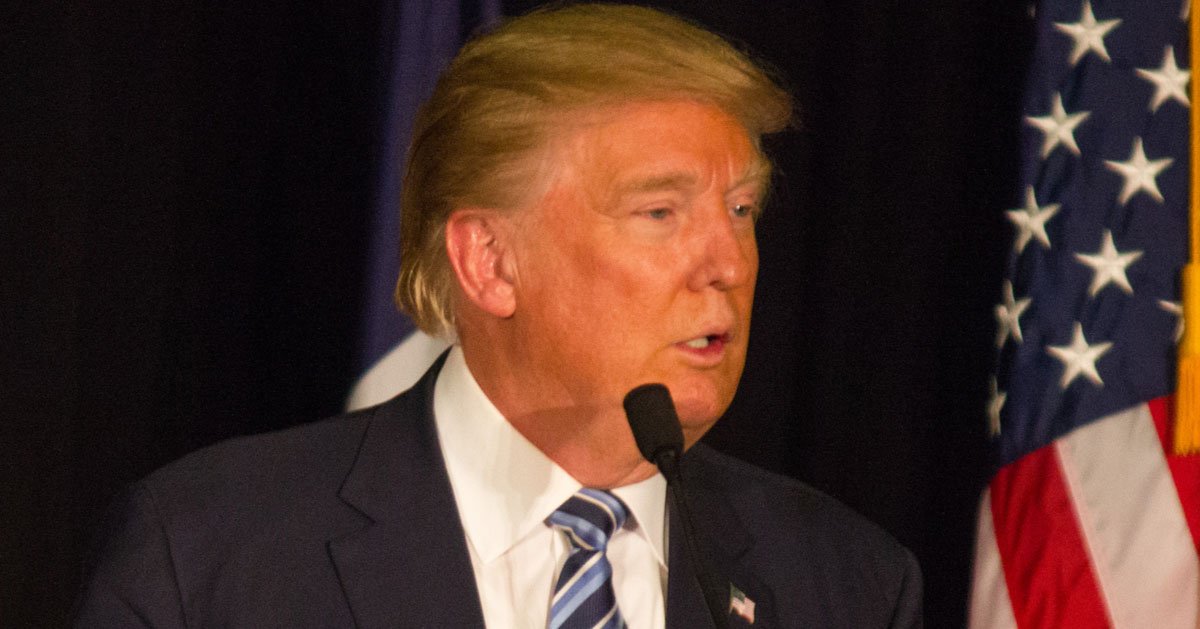








President Joe Biden has announced his decision to withdraw from the 2024 presidential race and plans to pursue Supreme Court reforms.
Newsweek reported that the proposed reforms aim to introduce term limits for justices, enforce an ethics code, and limit presidential immunity, which he believes are essential to preserving democracy.
Biden made this announcement from the Oval Office, marking a significant shift in his political career and adding momentum to ongoing discussions about the highest court's role in American democracy.
The announcement has elevated discussions and speculations about these potential reforms, highlighting the urgency for change felt by Biden and other political leaders.
On Wednesday, President Biden shared his decision to step back from the upcoming presidential race, choosing to dedicate his efforts to Supreme Court reforms instead. These remarks were made from the Oval Office, where Biden emphasized the importance of these initiatives for the country's democratic integrity.
The call for reform comes in response to recent Supreme Court decisions that have sparked controversy, particularly among progressives. One such decision was the overturning of Roe v. Wade in June 2022, which resulted in stricter abortion laws in several Republican-led states.
Another decision, made in July 2023, ruled that presidents have absolute immunity for official acts during their tenure, bolstering former President Donald Trump’s defense in his election interference case.
President Biden has stated that he will provide detailed outlines for these reforms in the coming week.
His proposals are anticipated to focus on three main areas: implementing term limits for justices, establishing a binding ethics code, and instituting restrictions on presidential immunity.
Despite the urgency of Biden's proposals, their passage before the November presidential election appears unlikely due to the current political landscape.
The Republican majority in the House of Representatives, coupled with the need for constitutional amendments for some of these reforms, presents significant hurdles.
Vice President Kamala Harris, who is the presumptive Democratic nominee for the upcoming election, has shown a more flexible stance toward the idea of expanding the Supreme Court.
In March 2019, Harris commented on the necessity to handle what she termed as a "crisis of confidence" in the Supreme Court, suggesting that all options, including court expansion, should be considered.
The crisis of confidence only exists because Democrats are no longer confident that the Supreme Court will enable their radical agenda.
Further, in May 2019, during an event in Nashua, New Hampshire, Harris reiterated her openness to increasing the number of Supreme Court justices.
This contrasts Biden’s previous 2020 stance, where he openly opposed court-packing during an interview with WKRC, preferring to focus on other issues.
The backdrop for these discussions includes several contentious Supreme Court rulings that have significantly impacted public opinion.
The overturn of Roe v. Wade led many states with Republican leadership to implement stricter abortion laws, intensifying the national debate over reproductive rights.
Additionally, the ruling that grants presidents "absolute immunity" for official actions during their terms has further fortified the defense of former President Donald Trump against allegations of election interference.
These decisions have amplified calls from progressives and other advocates for reforms to ensure judicial accountability and protect democratic principles.
While Biden’s proposed reforms are seen as critical, the path to their realization is fraught with challenges.
The Republican-held House of Representatives makes the passing of these reforms before the November elections highly improbable. Moreover, certain changes, such as imposing term limits for justices, would necessitate constitutional amendments, a process demanding broad legislative agreement and support.
In his Wednesday address, Biden expressed a clear commitment to these changes, stating, "I'm going to call for Supreme Court reform, because this is critical to our democracy." His steadfast stance underlines the importance he places on addressing these judicial concerns before exiting the political spotlight.
In summary, President Biden has decided to exit the 2024 presidential race to concentrate on advocating for Supreme Court reforms, which he claims as paramount for democracy.
His reform plans include term limits for justices, an enforceable code of ethics, and restrictions on presidential immunity. All of these "reforms" are designed to hit back at the court for favoring Trump.
Vice President Kamala Harris, the Democratic contender for 2024, has shown a willingness to consider expanding the Supreme Court, reflecting a broader conversation about judicial reform within the party. The culmination of these efforts will likely depend on future legislative dynamics and public sentiment.
Overall, Biden's and Harris’s positions highlight a pivotal moment in American politics, where the structure and ethics of the Supreme Court are under intense scrutiny.



